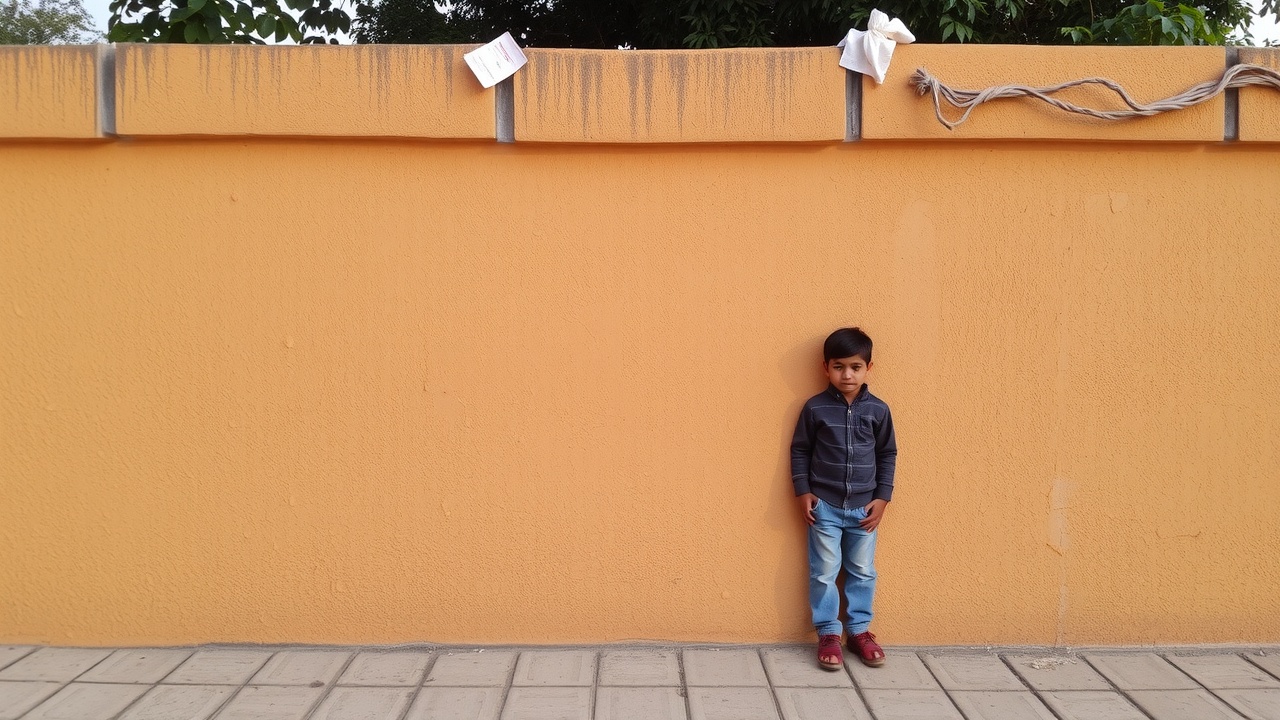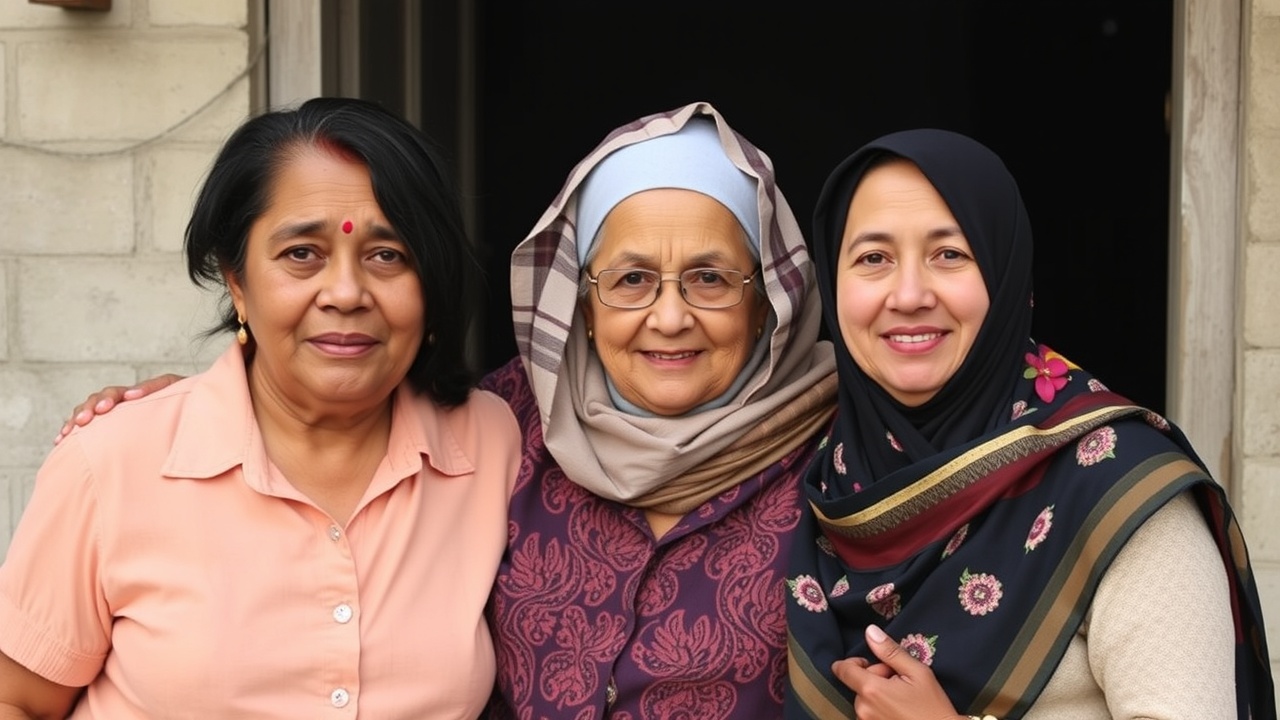
In addition to a lack of male role models, are we discriminating against men and leaving a generation of boys behind in terms of employment, education, and pay?
The male pay gap is something I never would have imagined writing about.
We've been aware of the gender pay gap for years, highlighting the notable differences in salaries, pensions, and general wealth between men and women.
Is it possible that society has overlooked young men and boys in its struggle for women's equality over the past century or so?
Young women are now routinely making more money than men of the same age, according to the depressing Lost Boys: State of the Nation report from The Centre for Social Justice (CSJ).
In 2022, women between the ages of 16 and 24 who worked full-time earned more than young men in the same socioeconomic group for the first time. Younger women continue to earn more money despite having more education.
This isn't about men wanting their earning power back, though, or about women making more money. Boys are falling so far behind in practically every area of their lives that this has led to a male pay gap, which is linked to numerous other problems that young men encounter.
According to the report, men underperform in nearly every area of their lives, including education, work, and health, and they are more likely to engage in criminal activity, suffer from mental health conditions, and even become abused.
"Boys and girls no longer walk the same path from childhood to adulthood," according to the report.
And it makes a lot of obvious facts clear. The harsh truth is that we have ignored the needs of boys and young men, despite the societal assertion that "boys will be boys."
Over four out of ten respondents concur that society does not value traditional masculine traits like bravery, tenacity, and competitiveness, according to the CSJ. Men are portrayed in the media as "a bit pathetic" far too frequently, according to half of men aged 18 to 24.
"Maleness must be viewed as a strength to be fostered rather than as a problem to be resolved. Strength, resiliency, and responsibility are qualities that should be used for good rather than being repressed, according to Andy Cook, CEO of CSJ.
Why is there a male pay and employment gap?
According to CSJ data, women between the ages of 16 and 24 earn ten times as much as men in the same age range.
From July to September 2024, 11% of women and 15% of men aged 16 to 24 were not enrolled in school, work, or training.
For those working full-time between the ages of 16 and 24, the gender pay gap has now reversed, according to CSJ.
Men's employment opportunities have also been impacted by the decline of what are perceived as traditional male industries.
The CSJ stated that "the largely male sectors of construction, manufacturing, and agriculture used to collectively contribute over 40 percent of UK output in 1970, but amounted to just 16 percent of UK GDP in 2023."
The report claims that this decline has resulted in stagnant growth, declining productivity, and fewer job opportunities in many regions of the nation.
"Work has always been a fundamental part of men's identity, status, and purpose. When opportunities are lost, the repercussions can be disastrous, ranging from relationship breakdown to mental health issues and social isolation, according to CSJ.
Have we failed as a society, lost boys?
My thoughts turn to my two boys as I write this. It was evident to other parents that boys' development was a little slower, though I don't have a daughter to compare it to.
A good level of development was attained by 75% of girls in 2023 - 2024, according to teacher assessments of children's development at the end of the early years foundation stage (age five). Just 60% of boys were able to reach this milestone. For the past three years, this disparity has grown.
Based on my own experience, there aren't many programs that help boys advance. They have just been left on their own.
The absence of male role models is another issue raised in the report, and children who are considered fatherless are more vulnerable. However, I contend that boys generally lack male role models, even in situations where fathers are present. According to government data, women make up around 76% of teachers.
When boys enter the educational system, they are deprived of a male role model for the majority of their formative years. As they get older, this keeps happening. Who is looking out for the boys and making sure they have a place in society as well, while girls are being cared for?
"I believe that in today's society, it is hard to understand what it means to be a man and navigate a very different world than that of twenty or thirty years ago," says Sean Soulsby, CEO of the Childrens Foundation. There is a lack of support for young men in particular to confront and talk about this in an open and secure manner, even though they know they will have good jobs. For everyone, but especially for young men, money and the future are crucial. Young men's uncertainty about their future and their sense of not quite fitting or belonging are at the heart of many of today's problems.
Additionally, it is concerning that boys become isolated due to a lack of role models; this was recently mentioned by former England captain Gareth Southgate. Adolescence, a Netflix sensation, demonstrates how easily boys can be influenced negatively by social media.
They would most likely say, "It ain't that deep," if I presented this report to my kids. The reality is that it is profound. We can raise wonderful men, but we can't ignore the boys any longer. Does our emphasis on girls mean we've just forgotten about them? While we have fought for women, who is defending the boys?
Please share your thoughts.
Did we disappoint the boys?














Leave a comment on: The male gender pay gap: the reasons why young men and boys might have succumbed to inattentional blindness